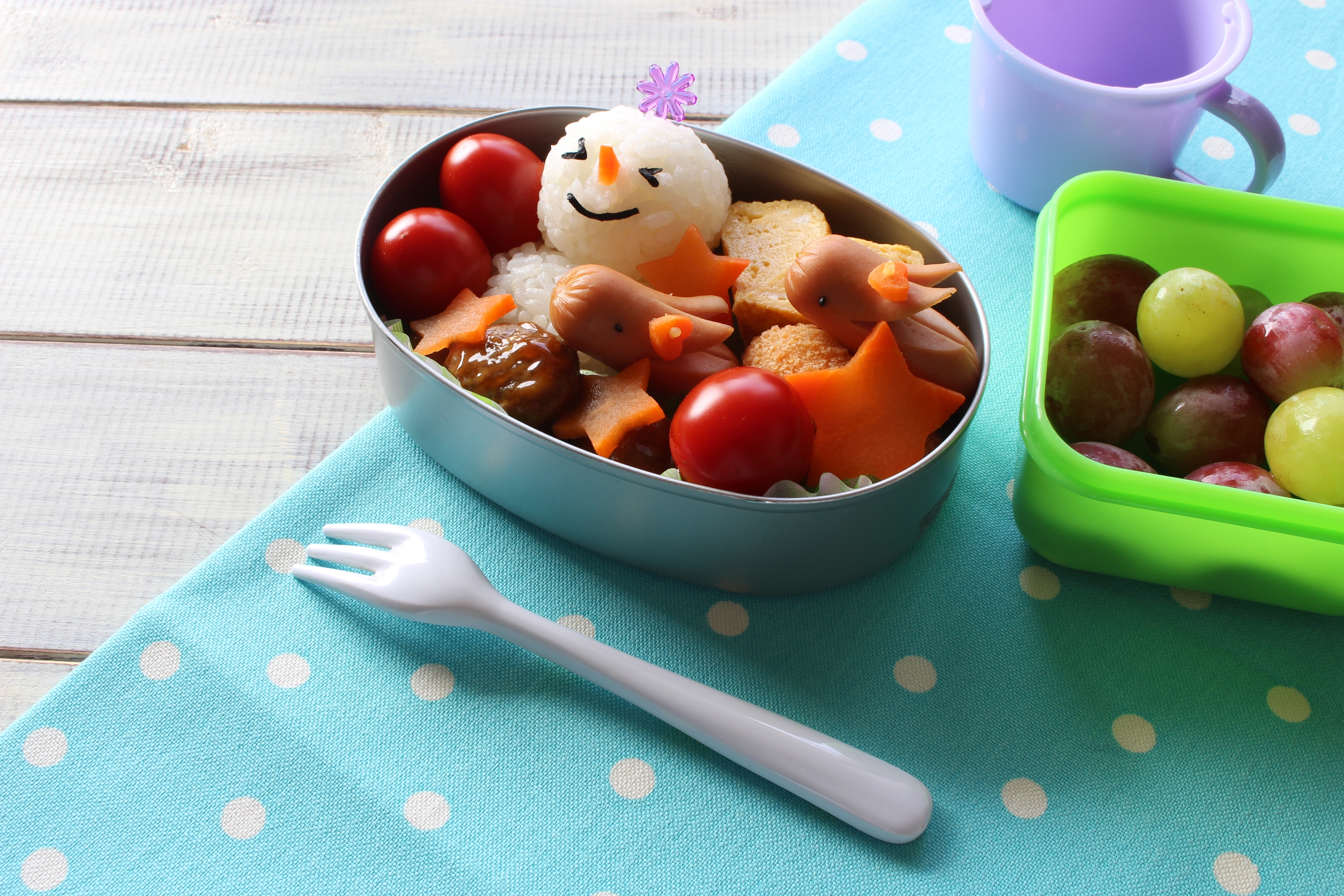Have a healthy winter
Published
With winter illnesses threatening to disrupt the school term and flu cases among school children currently twice the national average, parents are seeking ways to keep children healthy and focused.

Explore Learning has partnered with Jennifer Pallian, BSc, RD, a registered dietitian and mother of three school-age children, to share top tips to help parents encourage healthy eating, from how to tackle fussy eaters, to the perfect school lunch box.
Win the picky eater dinner time battle
Making mealtimes positive and engaging is crucial, with consistency being key to success.
‘It can take 8-10 exposures for a child to accept a new taste,’ explains Jennifer. ‘Keeping fruits and vegetables visible and accessible at home can increase a child's willingness to try them. Engaging kids in food prep, taste-testing, or gardening introduces them to various foods in a hands-on, enjoyable way.’ Family meals also provide a supportive setting where children can observe positive eating behaviours.
Create a lunchbox that cuts afternoon fatigue
The post-lunch energy crash can significantly impact learning, but strategic food choices can help maintain focus throughout the school day. Combining the right foods at lunchtime creates sustained energy release, preventing mid-afternoon slump.
‘To prevent afternoon fatigue, children can benefit from lunching on protein and complex carbs like whole grains, brown rice and veggies,’ suggests Jennifer. ‘These stabilise blood sugar, providing steady energy, improving focus, and reducing the risk of energy dips from refined sugars.’
Choose foods that fight winter illness
The right combination of nutrients can work together to strengthen children's natural defences and support respiratory health.
‘Zinc, found in meats, shellfish, legumes and seeds, can reduce cold frequency, severity, and missed school days.’ explains Jennifer. Adding probiotics through yoghurt, kefir and fermented foods also helps reduce respiratory infections and symptoms.
Offer daily foods that can transform learning
Research shows specific nutrients can enhance academic performance, with certain foods having a direct impact on concentration and learning ability.
‘Fish, especially oily varieties, provides essential omega-3s like DHA and EPA for cognitive development,’ says Jennifer. About 8 grams per day (or 2-3 servings per week) is beneficial, with moderate intake linked to better sleep, academic performance and focus in class.’
Start the day the right way
A breakfast with the right combination of nutrients can significantly impact a child's learning potential, allowing sustained concentration throughout the morning.
‘A balanced breakfast with a mix of complex carbs, protein and healthy fats is key to keeping energy levels steady,’ advises Jennifer. ‘Oatmeal with nuts, eggs with whole-grain toast or yogurt with fruit and seeds all work well for maintaining steady energy and concentration.’
Set your child up for future success
Establishing good nutrition habits early on has lasting benefits. ‘Children who adopt healthy eating habits are less likely to struggle with obesity as adults,’ Jennifer reveals. ‘Establishing healthy eating patterns in childhood can prevent childhood obesity, lowering the risk of long-term health issues like diabetes, cardiovascular disease, and respiratory problems.’







